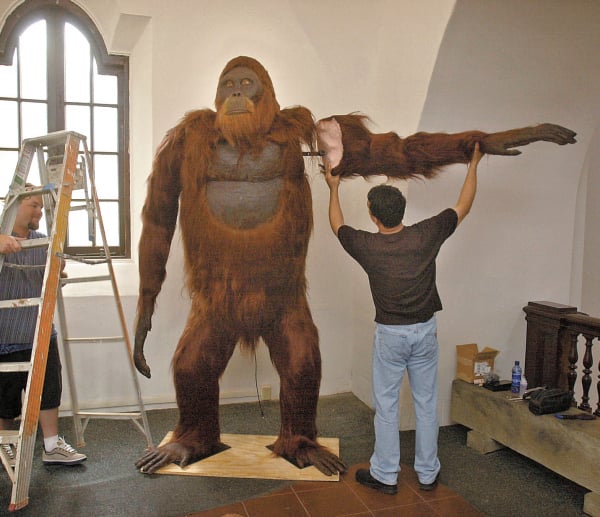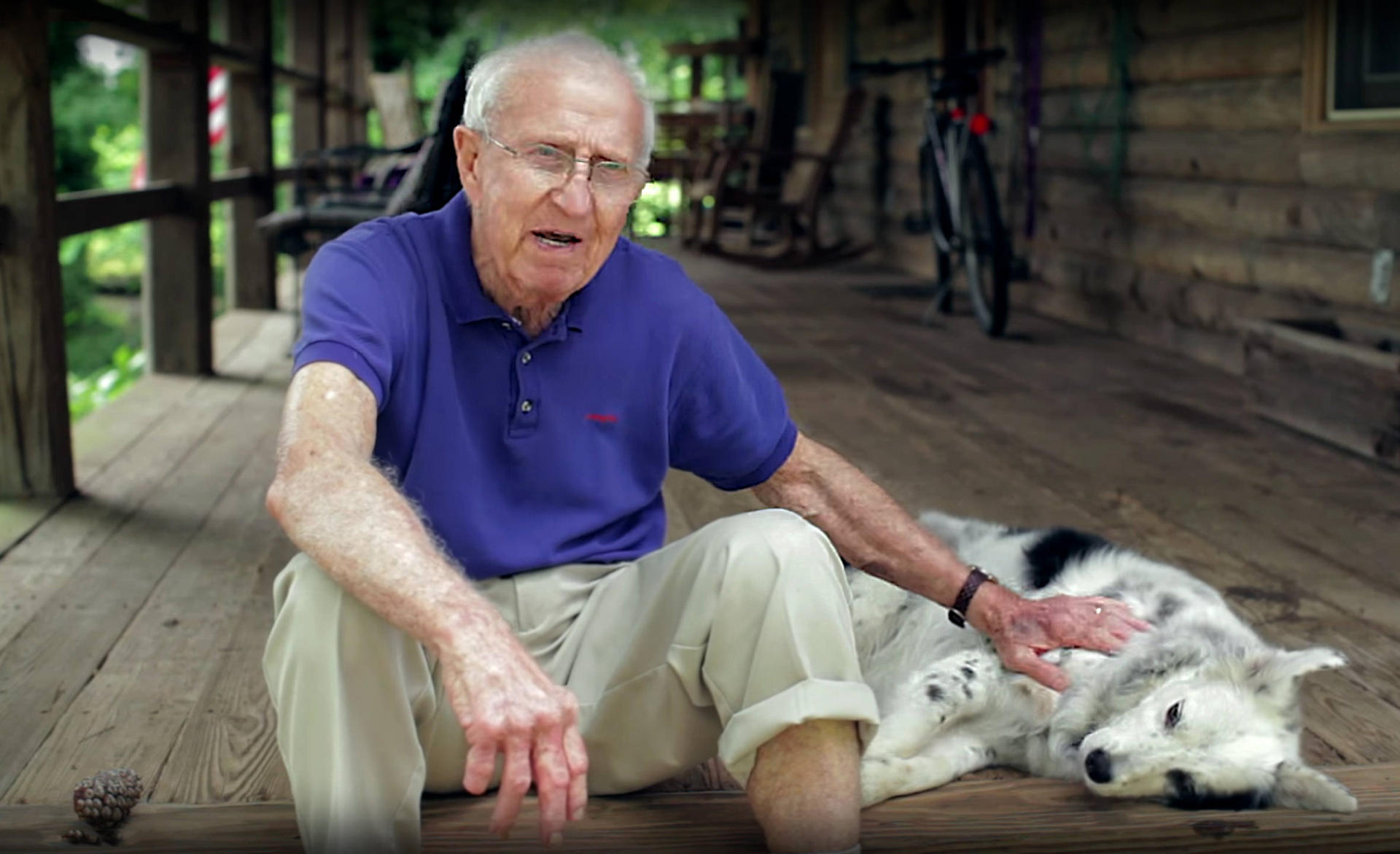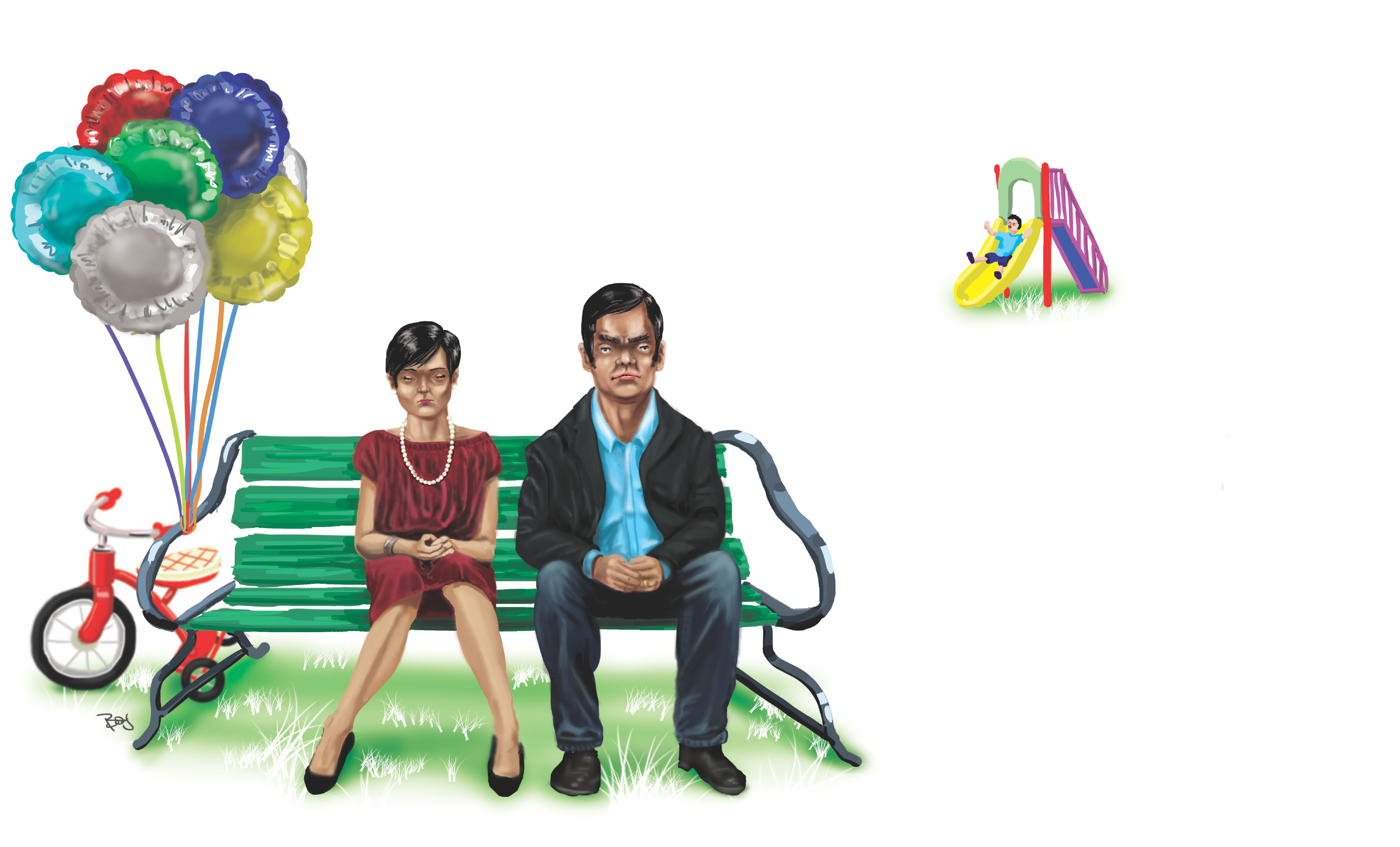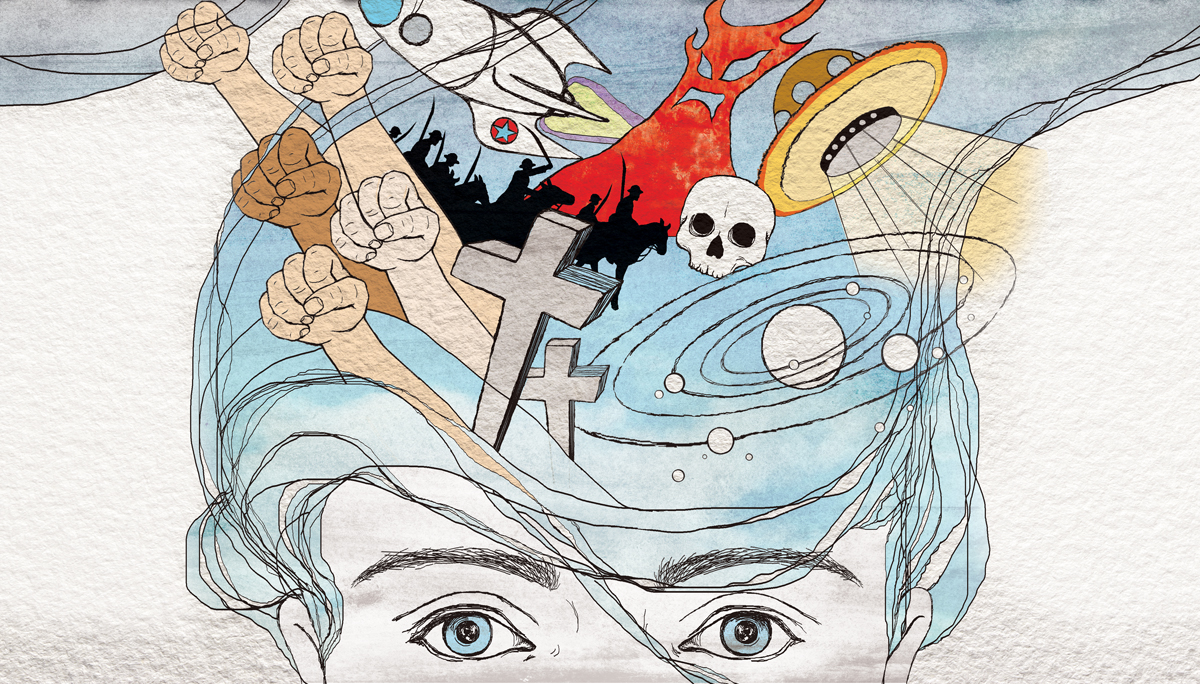Hacking your metabolism can help your body burn fat and carbs more efficiently so you can lose weight better, with the ultimate aim to achieve ‘metabolic flexibility’.
Gigantopithecus weighed half a tonne, perhaps stood more than three metres tall and was a strict vegetarian. Colin Barras finds out what we have learned about the great ape in the 80 years since a German scientist stumbled on the fossil in a Chinese medicine store in Hong Kong
Caroline Williams investigates just how intelligent, entertaining and empathetic our 'best friends' can be.
Peering through the murk of time and statistics in the wake of the Paris climate change summit, Deborah Seligsohn assesses the strides China has taken to clean its air and asks whether the country really deserves the title of "world's largest polluter".
Evolution has burdened both man and beast with a sense of boredom, but for what purpose? Caroline Williams examines the causes and kinds of our ennui.
Recent studies suggest parenthood worsens our health, finances and careers, writes Georgia Grimmond.
Most of us realise how devastating climate change is likely to be, yet do very little to slow the process. Robert Gifford taps into mankind's primal tendencies to explain our potentially life-threatening inertia.
Believe it or not, many of the most important things we hold to be true are not the product of fact and reason. Graham Lawton explains.
The seeds of materialism were sown millions of years ago, writes Alison George, as she traces the history of our passion for possession.
New research suggests that even if you spend an hour at the gym every day, long periods of inactivity - be it at your desk or in front of a television screen - can significantly shorten your life span, writes Richard Lovett.
Can you teach an old dog new tricks? Absolutely. As David Robson discovers, age does not necessarily wither our ability to learn.
The many economical and ecological benefits to using human excrement and urine as fertiliser are not to be sniffed at. Fred Pearce gets to grips with a sorely underused resource.












